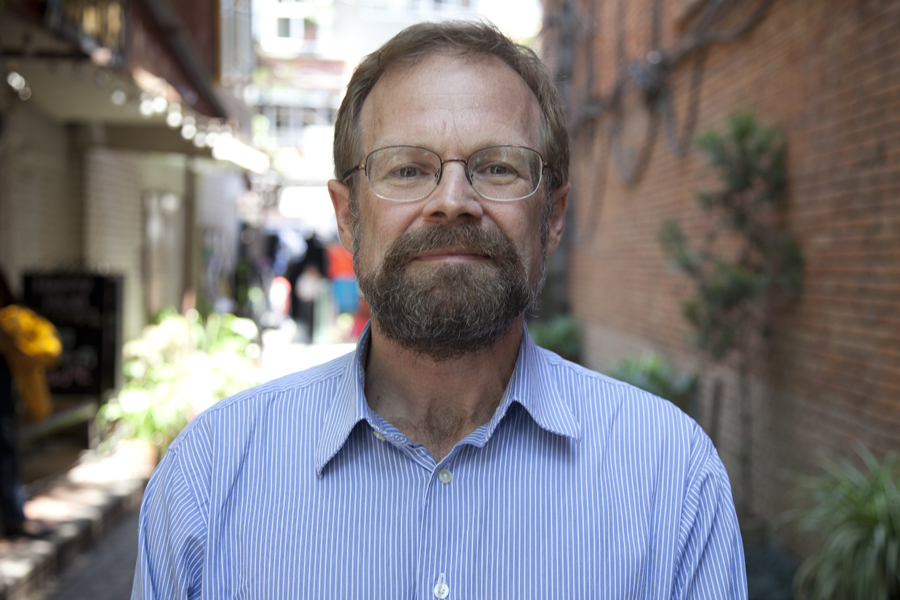.
Christopher Merrill has published six collections of poetry, including Watch Fire, for which he received the Lavan Younger Poets Award from the Academy of American Poets; many edited volumes and books of translations; and five works of nonfiction, among them, Only the Nails Remain: Scenes from the Balkan Wars and Things of the Hidden God: Journey to the Holy Mountain. His latest prose book, The Tree of the Doves: Ceremony, Expedition, War, chronicles travels in Malaysia, China and Mongolia, and the Middle East. His writings have been translated into twenty-five languages; his journalism appears widely; his honors include a Chevalier from the French government in the Order of Arts and Letters. As director of the International Writing Program at the University of Iowa, Merrill has conducted cultural diplomacy missions to over forty countries. He serves on the U.S. National Commission for UNESCO, and in April 2012 President Obama appointed him to the National Council on the Humanities.
.
Juice
.
Not my circus, not my monkeys, said the statistician, ordering the nurse to leave the room in which the cooling body of his brother was surrounded by friends and lovers fated to be cut out of decisions regarding the work that had brought them together in the first place. He explained, in more detail than they could take in, how a client of his, a distributor of canned fruit, had created a market for juices concocted out of what remained in the bins after the harvest—a metaphor for how he would dispose of his brother’s unpublished manuscripts. If this resulted in diminished sales of what was already in print he would, of course, reconsider, though he reminded them that a poet’s reputation often declined after death. Pomegranates, mangoes, grapes, strawberries—mix them together and you have a drink his brother would serve for breakfast. How smooth he was in every social setting. What love he generated in his friends, what light. No accounting for this envy.
.
Proverbs (3)
.
The sign above the entrance to the mill was unambiguous: Measure seven times. Cut once. Inside, Simon Bolivar served coffee to the Buddha, while Genghis Khan fiddled with a samovar hauled from one end of his empire to the other. Water leaked from a vase on the table, pooling by a black cat asleep in a patch of sunlight. The scribe recorded in his notebook a saying new to his ears: You can’t pull fish from the pond without work. Someone had splashed red paint on the statues in the courtyard of the municipal library; the guards reported almost no reactions among the patrons. Nor did the Buddha dispute his waiter’s complaints about his followers being imprisoned in the rhetoric of revolution. The fields were too wet to plow; the soldiers massing at the edge of the woods reviewed their orders of engagement; rows of mines planted at the end of the war were ready to bloom. The system of communications created by an arrow fired over the hill occupied by men from the next valley was breaking down. It took the boy so long to learn to talk that his father thought him feeble-minded. In fact he was waiting for the moment to say goodbye. The cat purred. The scribe turned the page and wrote: That train has left the station.
.
*****


